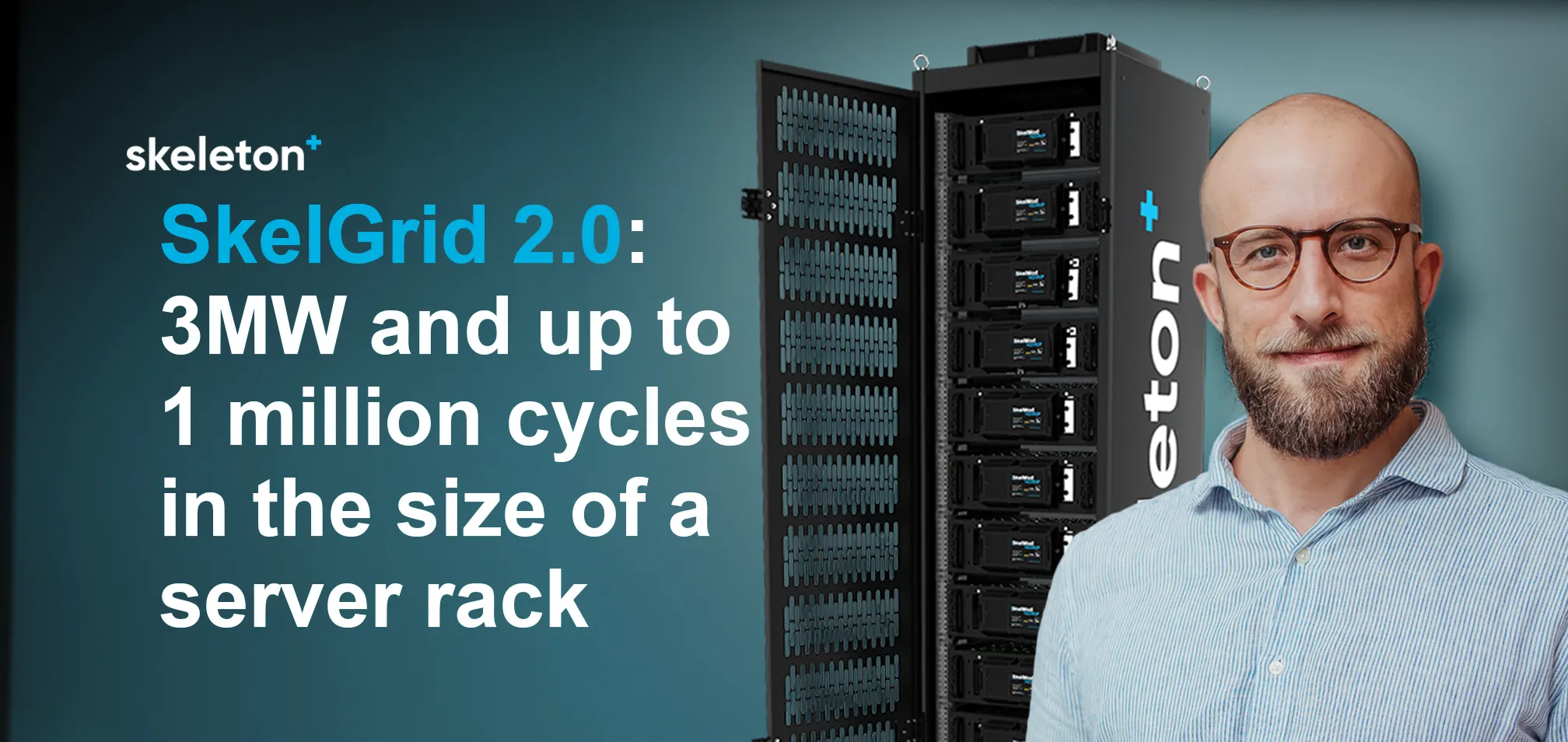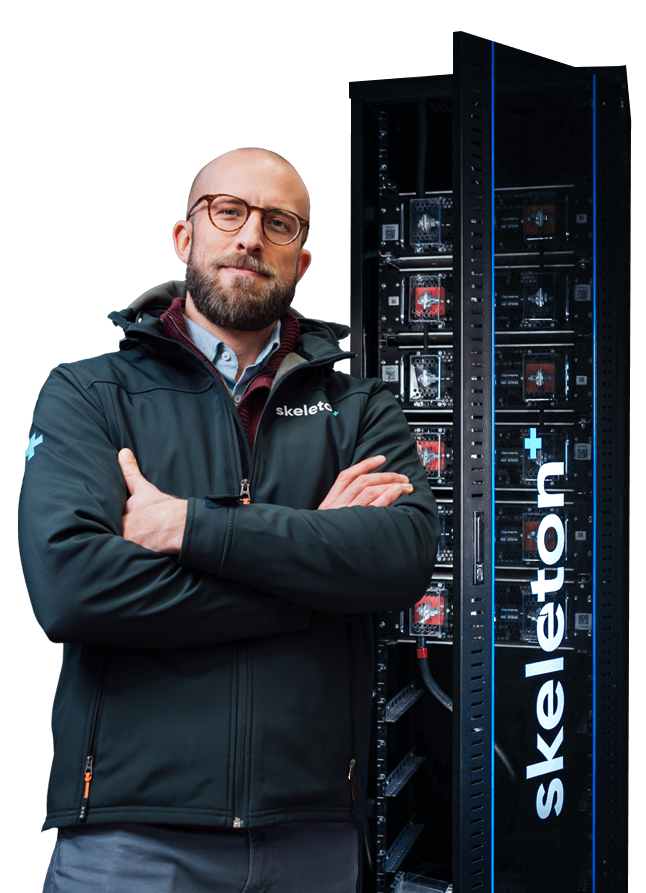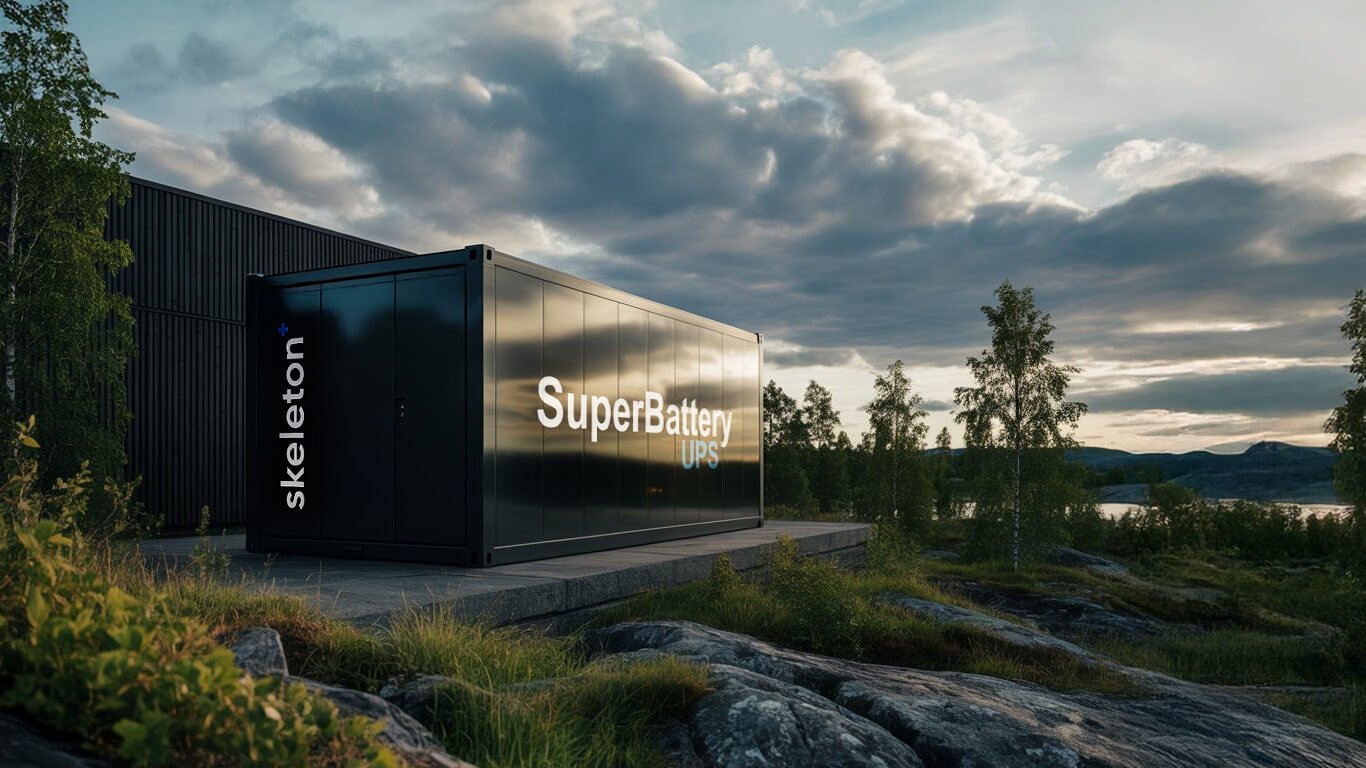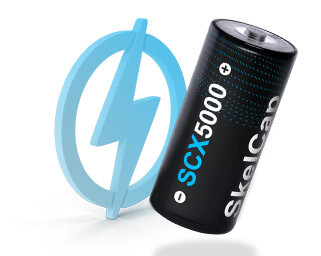
The Most Powerful Industrial Energy Storage Systems

Impressive Power Density
The notion of generating three megawatts of power typically conjures images of large, battery-filled containers. SkelGrid 2.0, however, shifts this perspective. It is capable of producing such significant power from a single 19-inch rack unit, occupying just slightly more than a quarter of a square meter. Although the power delivery duration is inherently short, this capability is transformative for scenarios where rapid power delivery is prioritized over longevity.
Envision a scenario where the transmission network is on the brink of a system split—a critical and abrupt event that could precipitate a widespread blackout. Supercapacitors offer a swift and robust power boost in such instances, effectively averting the system split, preventing blackouts, and mitigating various challenges within the energy storage domain.
Take, for example, the recent incident in Germany, where the network faced a 'system split'—a dire situation in which the network, in a protective measure, isolates a segment. This results in the creation of two unsynchronized networks, incapable of power exchange.
Exceptional Roundtrip Efficiency
Roundtrip efficiency is a crucial indicator of an energy storage system's performance, measuring the amount of usable energy as a percentage of the energy initially stored. The ability of supercapacitors to achieve up to 99% efficiency is noteworthy. It signifies that SkelGrid 2.0 can return nearly all the stored energy for use, with minimal energy loss. Such efficiency is vital for enhancing operational cost-effectiveness and reducing environmental impacts across various applications.
Reduced Heat Production through Low Internal Resistance
The efficiency of an energy storage system is significantly influenced by its internal resistance. The lower internal resistance of SkelGrid 2.0's supercapacitors leads to less energy being lost as heat, thereby increasing overall efficiency. The reduction in heat production is critical; it decreases thermal stress on system components, maintaining their integrity and prolonging the system's operational lifespan.





